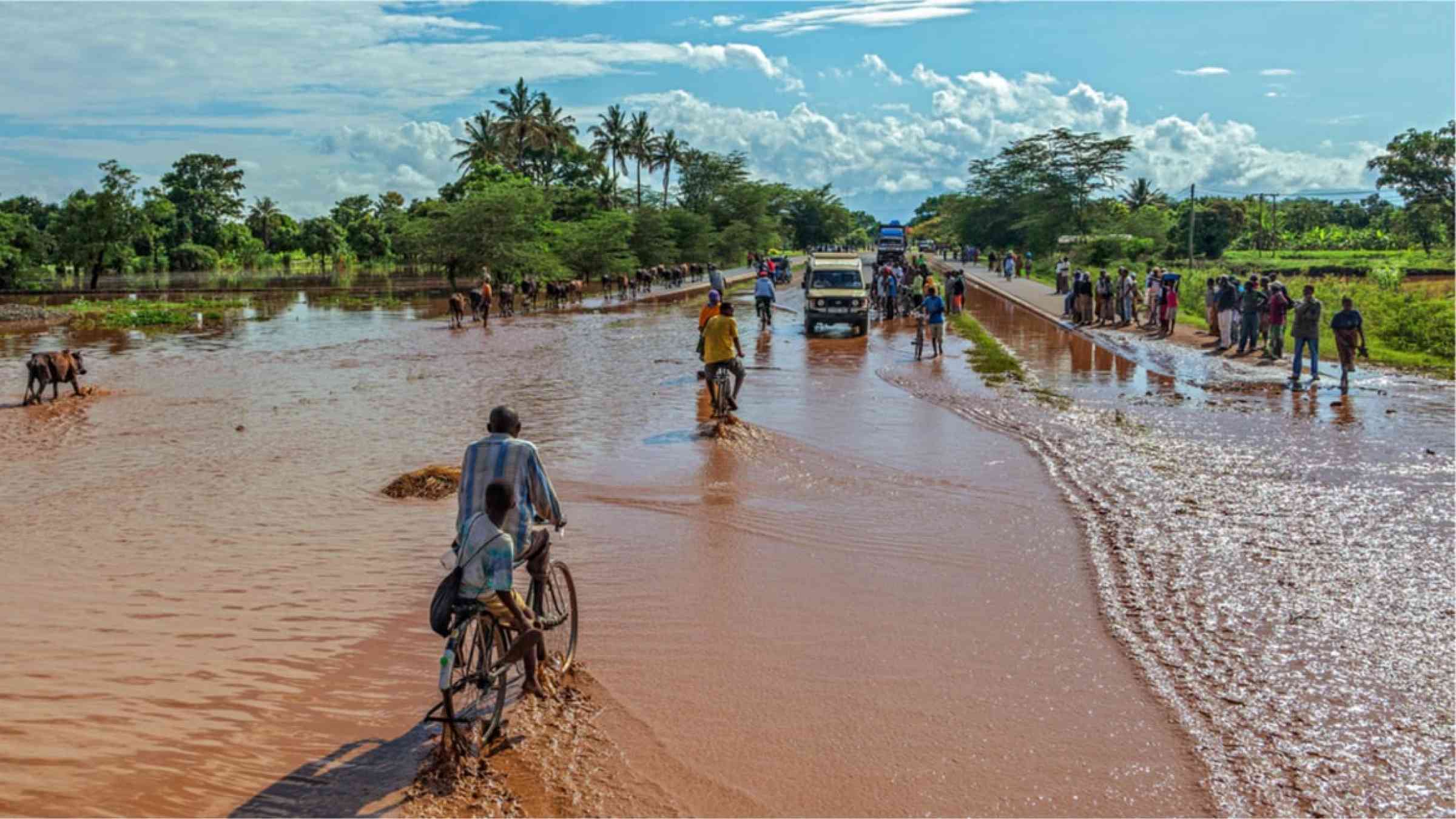Member States commit to enhance access to financing for prevention and risk-informed investments in developing countries

At the 2022 Economic and Social Council Forum on Financing for Development, convened in New York from 25 to 28 April, Member States adopted an outcome document which firmly embeds risk reduction and resilience within the financing for development agenda.
The Forum’s outcome document calls for greater action to deliver on the commitment in the Addis Ababa Action Agenda and Sendai Framework for Disaster Risk Reduction to strengthen the capacity of national and local actors to manage and finance disaster risk reduction as part of national sustainable development strategies.
For the first time, Member States have committed to enhancing developing countries’ access to financing for risk-informed investments as part of an inclusive, resilient and sustainable recovery from the pandemic. This marks a significant milestone in the integration of disaster risk reduction into intergovernmental policy guidance on development finance. A commitment to align national financing policies and strategies with disaster risk reduction strategies and the Sendai Framework and to leverage international cooperation to strengthen the capacities of developing countries to manage and reduce risks are both clear indications of the importance Member States now place on financing for disaster risk reduction. Moreover, calls to channel both public and private finance towards sustainable and resilient infrastructure and to develop social protection systems that reduce disaster risks and build resilience align aptly with the goals of the Sendai Framework.
UNDRR was actively involved at the Forum. At a side event hosted by the Co-Chairs of the Group of Friends for Disaster Risk Reduction (the Permanent Missions of Australia, Indonesia, Norway and Peru), the Alliance of Small Island States (AOSIS), experts from the public and private sector led discussions on “De-Risking Investments for People, Planet and Prosperity”. Recommendations by panelists included focusing support to enhance data collection on multi-hazard vulnerability; expanding the transparency of risks and the hazard landscape in investment decisions; linking hazard exposures to the financial and socio-economic impacts of investments; and aligning investments with the Principles for Resilient Infrastructure.
Speaking at the event, Mami Mizutori, Special Representative of the Secretary-General for Disaster Risk Reduction, said “the goals set out in the 2030 Agenda, the Addis Ababa Action Agenda, the Paris Agreement, and the Sendai Framework cannot be achieved with a financial system that favors prosperity over people and planet”.
Ambassador Conrod Hunte, Deputy Permanent Representative of Antigua and Barbuda who spoke on behalf of AOSIS noted that, “for decades, SIDS have been emphasizing the need for targeted support for DRR. Through avenues such as the adoption of the Multidimensional Vulnerability Index and the Midterm Review of the Sendai framework we hope to bridge this gap, and secure a more resilient future for SIDS”.